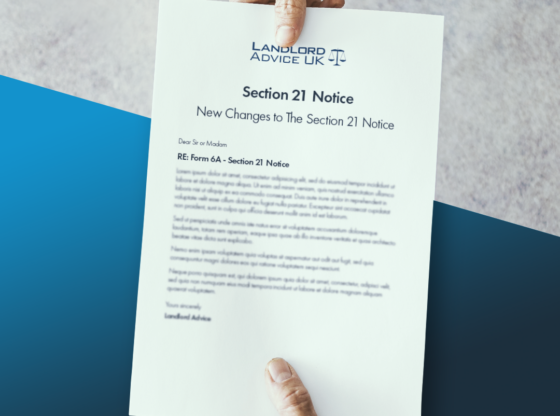Housing Benefit Discrimination is Unlawful
A ‘no DSS’ policy is when an agent refuses to rent to anyone who gets universal credit or housing benefit.
This could include when agents:
- refuse to let you view an affordable property
- won’t consider you for a tenancy because you get benefits
- advertise properties as ‘no DSS’, ‘no benefits’ or ‘working professionals only’
Is Housing Benefit Discrimination is Unlawful?
It is not unusual for private landlords and letting agents to advertise properties to let stating that they will not accept applications from people who rely on Housing Benefit (HB) to pay their rent.
Despite the Department of Social Security not having existed since 2001, the phrase used in adverts is usually “No DSS”. This has raised the question of whether such restrictions amount to unlawful discrimination. Although unlikely to amount to direct discrimination, as income and employment status are not protected characteristics under the Equality Act 2010, it has long been argued that it could amount to indirect discrimination in some cases.
County Court Decision
In what was described as a ‘landmark’ case, District Judge Victoria Elizabeth Mark sitting in York County Court, considered the case of a disabled single parent who had an application for private rented housing refused by a letting agent based on her receipt of Housing Benefit.
In a judgment dated 2 July 2020, which was widely reported in the media on 14 July 2020, she held that the letting agent was in breach of the Equality Act 2010. The judgment declared that:
“The Defendant’s former policy of rejecting tenancy applications because the applicant is in receipt of Housing Benefit was unlawfully indirectly discriminatory on the grounds of sex and disability contrary to sections 19 and 29 of the Equality Act 2010.”
Reacting to the judgment, Sajjad Ahmed, director for the British Landlords Association (BLA) reportedly said:
“Housing is a fundamental right. Private landlords play a more important role today in the provision of housing than ever before. Landlords should not discriminate against tenants just because they happen to rely on state benefits.”
This was followed by a case considered in Birmingham County Court in which judgment was handed down on 8 September 2020. Circuit Judge and Acting Designated Civil Judge for Birmingham (now High Court Judge), Mary Stacey, held that the letting agency, Paul Carr, had operated a blanket ‘No DSS’ policy which amounted to unlawful indirect discrimination against disabled people.
Although these are County Court decision and therefore are not binding, they are still persuasive and likely to be upheld by the Higher Courts, should the issue ever be challenged.
Discrimination and the Equality Act 2010
Under the Equality Act, it is unlawful to indirectly discriminate based on things like gender, disability or race. ‘No DSS’, ‘no benefits’ or ‘no Universal Credit’ policies breach the act via indirect discrimination, as they disproportionately harm women and disabled people, who are more likely to receive housing benefit.
This court ruling has confirmed what we have been arguing – that anyone who seeks to exclude renters receiving housing benefit is not just acting unjustly, but unlawfully too.
A 2020 YouGov survey found that 63% of private landlords either operate an outright ban on letting to tenants receiving housing benefit or say they prefer not to let to this group.
But this ruling means that letting agents and private landlords will have to drive out old discriminatory practices for good, so that renters who receive housing benefit are no longer barred from renting any privately rented properties.
Landlords and letting agents can still, however, reject applications for housing on the basis of unaffordability, even if the applicant is a tenant which will rely on Housing Benefit or Universal Credit.











